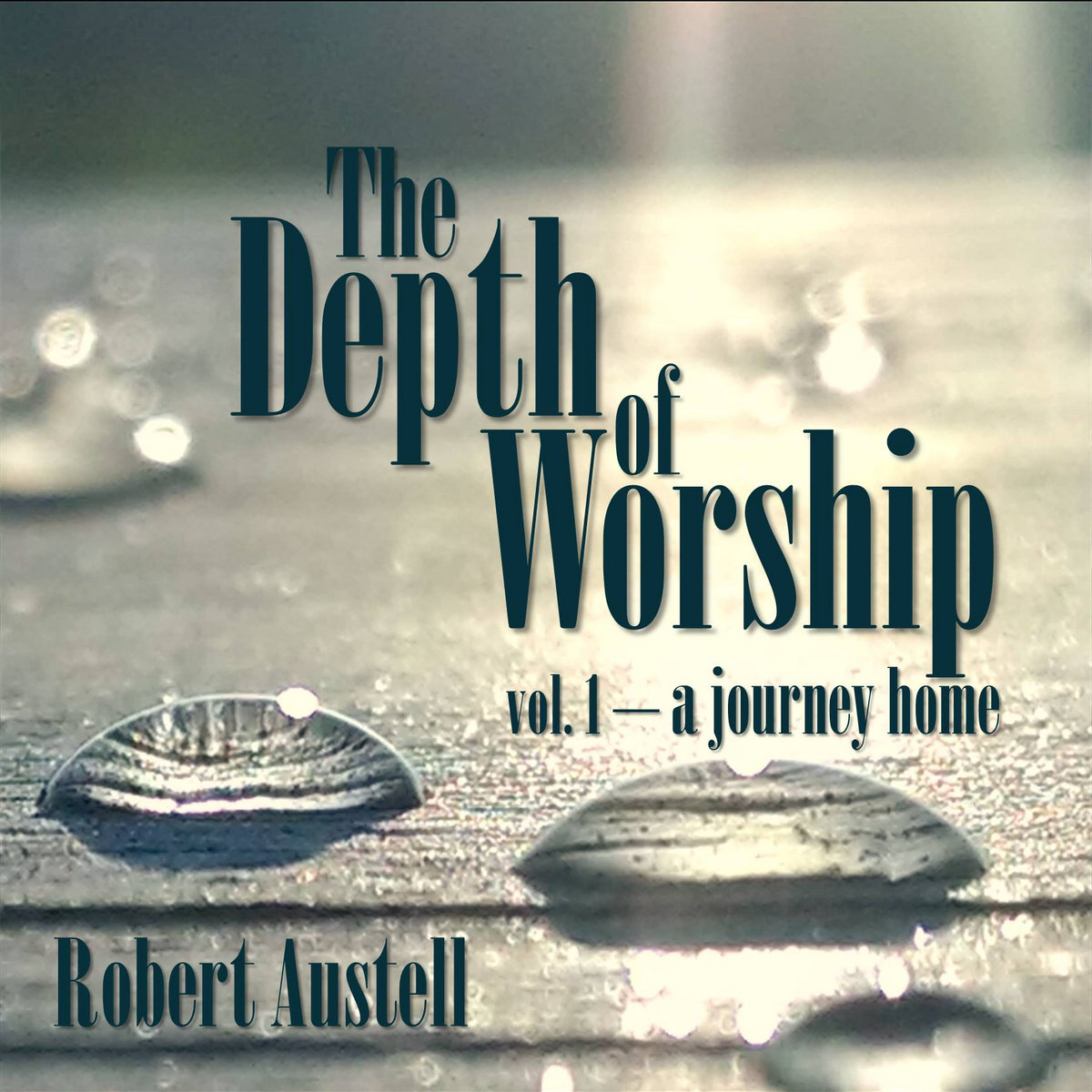rant about worship songs
Excellent, if sharp and pointy, post about worship music... do read thoroughly and leave a comment!
HT: Rant About Worship Songs by Jeremy Pierce
Here are some of the things I really hate in a worship song.
1. Too simplistic, banal, lacking in depth, shallow, doctrineless: Consider that one that just talks about unity among brothers that only mentions God in passing at the very end.
2. It’s so repetitive. I mean, come on, how many times can you repeat “His steadfast love endures forever” before you start thinking the song is going to go on forever? Examples: here and here
3. For some songs, the focus is too much on instruments, and the sheer volume leads to its seeming more like a performance than worship and prevents quiet contemplation.
4. There might be too much emphasis on too intimate a relationship with God, using first-person singular pronouns like “me” and “I” or second-person pronouns like “you” instead of words like “we” and “God”. This fosters a spirit of individualism, and it generates an atmosphere of religious euphoria rather than actual worship of God. Worship should be about God, not about us. Or what about the ones that use physical language to describe God and our relationship with him? Can you really stomach the idea of tasting God?
5. Some songs have way too many words for anyone to learn.
6. It patterns its worship on experiences that not everyone in the congregation will be able to identify with. If you’re not in the frame of mind or don’t have the emotional state in question (e.g. a desperate longing for God. Then what are you doing lying and singing it? Worship leaders who encourage that sort of thing are making their congregations sing falsehoods.
7. Then there’s that song with the line asking God not to take the Holy Spirit away, as if God would ever do that to a genuine believer.
8. Then there’s that song that basically says nothing except expressing negative emotions.
At this point I’m so outraged that people would pass this sort of thing off as worship that I’m almost inclined to give in to the people who think we shouldn’t sing anything but the psalms. Oh, wait…

